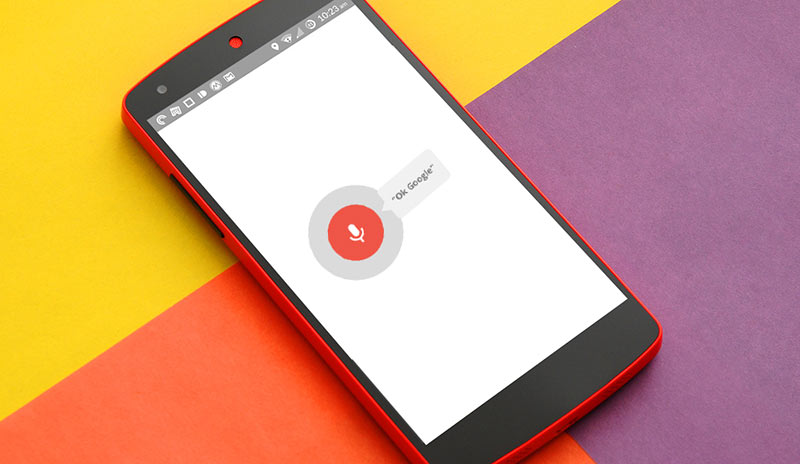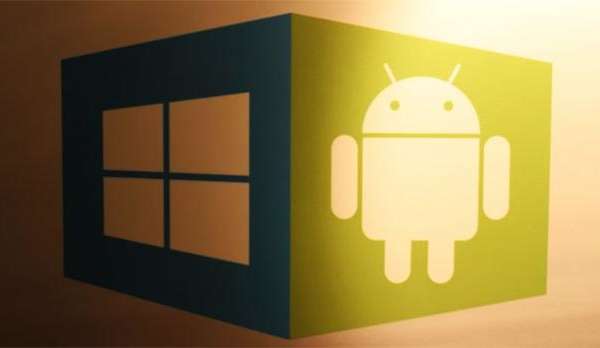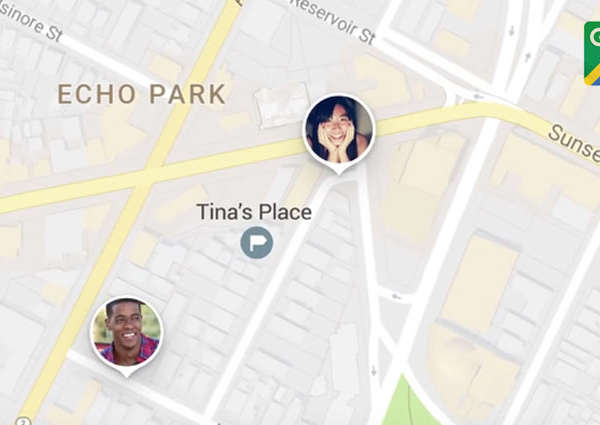Google has announced yesterday to add speech recognition support for 30 new languages including Urdu in Voice Search, Gboard and other apps using these services.
Speech recognition now supports ancient languages such as Georgian, which has an alphabet that dates back to the 10th century. Swahili and Amharic, two of Africa’s largest languages, as well as many Indian languages with Urdu as well.

Native Speakers Made it Possible:
Google says that it has worked with native speakers to collect speech samples, asking them to read common phrases. This process trained machine learning models to understand the sounds and words of the new languages and to improve their accuracy when exposed to more examples over time. With this update, Google’s speech recognition supports 119 language varieties.
The list of newly supported languages and locales includes:
- Amharic (Ethiopia)
- Armenian (Armenia)
- Azerbaijani (Azerbaijani)
- Bengali (Bangladesh, India)
- English (Ghana, Kenya, Nigeria, Tanzania)
- Georgian (Georgia)
- Gujarati (India)
- Javanese (Indonesia)
- Kannada (India)
- Khmer (Cambodian)
- Lao (Laos)
- Latvian (Latvia)
- Malayalam (India)
- Marathi (India)
- Nepali (Nepal)
- Sinhala (Sri Lanka)
- Sundanese (Indonesia)
- Swahili (Tanzania, Kenya)
- Tamil (India, Singapore, Sri Lanka, Malaysia)
- Telugu (India)
- Urdu (Pakistan, India)
Are these languages available across all Google Services?
These new languages are also available starting today in Cloud Speech API and will soon be available across other Google apps and products, including the Translate app.
The latest edition of speech recognition also allows you to write in emoji with your voice, you can say something like “winky face emoji” to express yourself ? . However, it only works if you have selected the English (US) language option.



